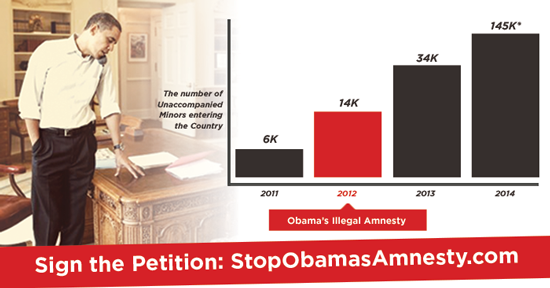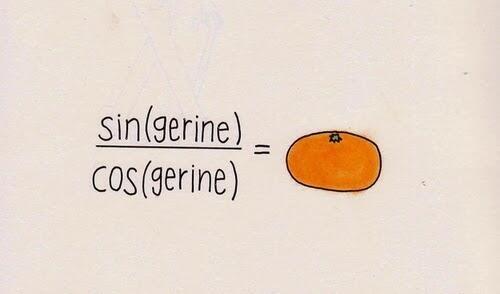Curriculum Tags: All
http://storycollider.org/podcast/2014-09-19
 Though I don't agree with the use of "controversial" in this article (I would use the word surprising instead), there are some nice summaries of some classic math problems. From infinity, to Benford's law, to the birthday problem, to Pi to the Monty Hall Problem, there is something for everyone here. Thanks to @mathletepearce for this one.
Though I don't agree with the use of "controversial" in this article (I would use the word surprising instead), there are some nice summaries of some classic math problems. From infinity, to Benford's law, to the birthday problem, to Pi to the Monty Hall Problem, there is something for everyone here. Thanks to @mathletepearce for this one.Curriculum Tags: Gr8, MCR3U, MDM4U, MHF4U
http://www.businessinsider.com/the-most-controversial-math-problems-2013-3?op=1
 I have been known to say that we humans are bad at understanding probability. And it may also be true that maybe we don't take it seriously enough when we teach it. If you believe Arthur Benjamin then its way more important than calculus and I think I agree. Well NPR's All Things Considered have a special series called Risk and Reason about how we deal with probability in the news. For example, if the forecast calls for a 20% chance of rain, what does that mean? You can get them all at the link below.
I have been known to say that we humans are bad at understanding probability. And it may also be true that maybe we don't take it seriously enough when we teach it. If you believe Arthur Benjamin then its way more important than calculus and I think I agree. Well NPR's All Things Considered have a special series called Risk and Reason about how we deal with probability in the news. For example, if the forecast calls for a 20% chance of rain, what does that mean? You can get them all at the link below.Curriculum Tags: Gr7, Gr8, MBF3C, MDM4U
http://www.npr.org/series/333708682/risk-and-reason
The first video from Numberphile this week is on Friedman Numbers. These are numbers that can be made up by taking their digits and creating a math problem with them (eg 25 = 52). And as these numbers get bigger the expressions get more complex. Seems like a perfect opportunity to talk about order of operations.
Curriculum Tags: Gr7, Gr8, MPM1D, MFM1P
https://www.youtube.com/watch?v=I7v2wAXFQpc
The second is about a great geometry problem with 54 solutions. See one of them here that fits well with properties of angles. Its a very cool and elegant solution.
Curriculum Tags: Gr8, MPM1D, MFM1P
https://www.youtube.com/watch?v=m5evLoL0xwg
I can't miss an opportunity to point out a bad graph and neither did this blogger.
Curriculum Tags: MDM4U
http://www.vox.com/2014/7/23/5930695/ted-cruz-makes-the-worlds-worst-chart





















